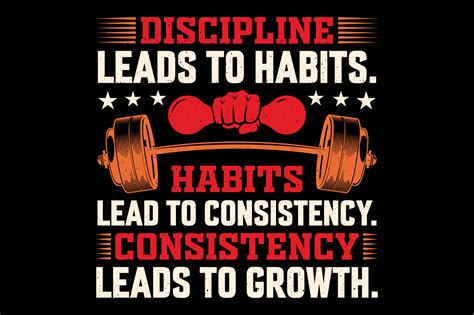From an early age, many men are implicitly, if not explicitly, taught that their value is intrinsically linked to their ability to provide. This deeply ingrained societal expectation – that men should be the primary financial bedrock of their families and communities – casts a long shadow over their internal landscape, profoundly shaping how they define personal success and, more critically, their self-worth. Understanding this dynamic is crucial to unpacking the complex pressures faced by men in contemporary society.
The Evolution of the Provider Role
Historically, the role of the male as a hunter, protector, and provider was fundamental to survival. While the specifics have evolved from spear-hunting to salary-earning, the core expectation of provisioning has persisted through generations, adapting to industrial and post-industrial economies. This historical legacy means that for many men, their identity as a “man” is deeply intertwined with their capacity to generate resources, create stability, and ensure the well-being of those dependent on them.

Success as a Financial Metric
In a world that often equates net worth with self-worth, men are particularly susceptible to measuring their personal success through a financial lens. A higher salary, a more prestigious job title, or significant material possessions can become direct indicators of their perceived value, not just to society but to themselves. This often leads to an unrelenting pursuit of financial achievement, where failure to meet certain economic benchmarks can trigger feelings of inadequacy, shame, and a diminished sense of self. The relentless pressure to “make it” financially can overshadow other aspects of a fulfilling life, such as personal growth, relationships, and emotional well-being.
This narrow definition of success can lead to a constant internal audit, where every financial setback is seen as a personal failing. It fosters a competitive mindset, not just against peers but against an idealized version of oneself, creating a pervasive sense of never being “enough.”

The Burden of Responsibility and its Toll
The weight of being the primary provider can be immense, generating significant stress and anxiety. Men often feel compelled to conceal their financial struggles or uncertainties, fearing that admitting vulnerability might undermine their perceived strength or competence. This can lead to isolation, as they shoulder their burdens alone, reluctant to share their fears with partners, friends, or family for fear of being seen as less capable or less “manly.”
The provider role can also dictate career choices, pushing men towards higher-paying, albeit less satisfying, jobs over careers that align with their passions or offer greater work-life balance. This sacrifice, made in the name of provision, can lead to burnout, resentment, and a profound sense of unfulfillment, even when external markers of success are met.

Impact on Relationships and Mental Health
The pressure to provide can strain personal relationships. When a man’s self-worth is tied predominantly to his earning capacity, it can make him less present emotionally, more preoccupied with work, and less available for the nuanced give-and-take of personal connections. It can also create an imbalance in relationships, where one partner’s value is overemphasized due to their financial contribution, potentially leading to resentment or feelings of inadequacy in the other.
Mentally, the constant pressure takes a heavy toll. Depression, anxiety, and stress-related illnesses are common among men grappling with the provider expectation, especially during economic downturns or periods of career instability. The societal stigma against men seeking help for mental health issues further exacerbates this problem, trapping many in a silent struggle.

Redefining Success Beyond the Paycheck
Challenging and redefining the provider role is crucial for men’s holistic well-being. This involves consciously decoupling self-worth from financial achievement and embracing a broader, more inclusive definition of success. Success can encompass emotional intelligence, strong personal relationships, contributions to community, personal growth, physical health, and pursuing passions. It’s about recognizing that providing goes beyond monetary contributions and includes emotional support, time, mentorship, and a caring presence.
Encouraging men to explore these multifaceted aspects of success not only alleviates undue pressure but also allows for a richer, more authentic life. As societal roles continue to evolve, with shared financial responsibilities becoming more common, there is an opportunity to dismantle rigid expectations and build healthier models of masculinity that value diverse forms of contribution and a balanced sense of self-worth.

Conclusion
The societal expectation for men to be “providers” profoundly shapes their internal definition of personal success and self-worth, often leading to significant pressure, anxiety, and a narrow focus on financial achievement. While rooted in historical contexts, this expectation can hinder emotional well-being and restrict men’s ability to explore broader definitions of fulfillment. By acknowledging and actively challenging this ingrained ideal, society can empower men to embrace a more expansive view of success, one that values emotional richness, strong relationships, and personal passions alongside financial stability, ultimately fostering healthier identities and more balanced lives.




